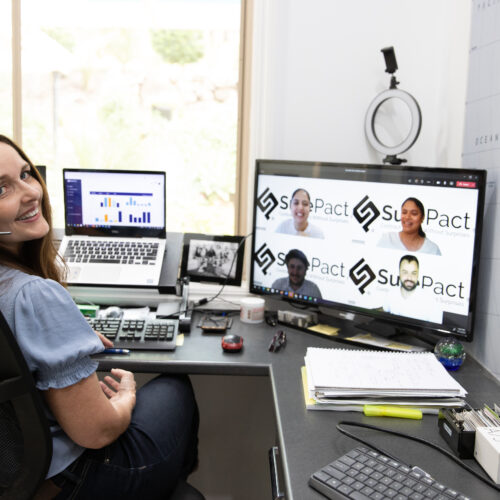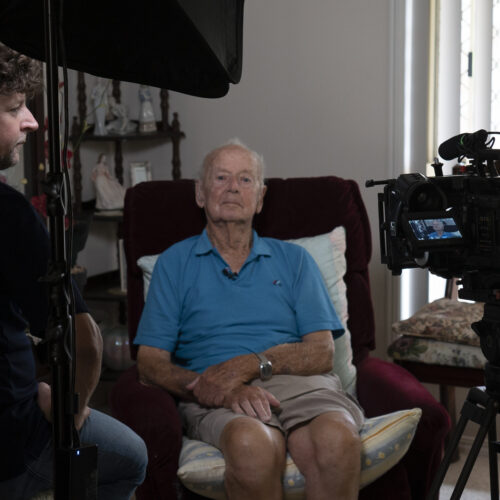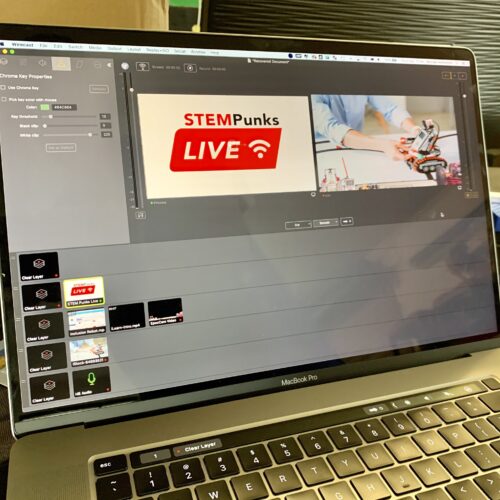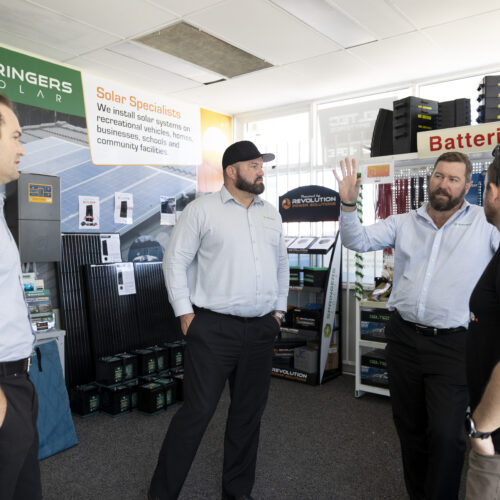Chilli Coffee has been called the ‘brew-with-a-bite’. James Sullivan launched the chilli-infused coffee business at the start of 2020. Focused on the global growth potential of Chilli Coffee, James uses the build-measure-learn lean startup principles to iteratively develop the business.
James is a highly experienced entrepreneur. He has been in the hospitality industry for 15 years and is an experienced coffee roaster and barista. James said the idea for Chilli Coffee was sparked when one of his customers “thought it would be cool if someone invented coffee enhanced with a chilli flavour.” James thought so too. Through a trial-and-error process James invented a recipe of complementary flavours that work.
Chilli Coffee formally launched their initial product range with three flavour intensities on 10 March, 2020, at Basil and Vine, an Italian-themed café. The launch was attended by several dignitaries, industry representatives, customers, and friends. James gathered valuable feedback from the launch, with attendees enthusiastically sharing their views on the tastes and flavours. However, one week later, COVID restrictions were announced disrupting the startup in its tracks.
COVID impacts
James planned to introduce his product to the market through personal coffee shop demonstrations, so coffee shop owners and customers could taste their Chilli Coffee and owners could see customer reactions first-hand. However, COVID restrictions halted those plans. James had to find another way to progress, as slowing down was not an option.
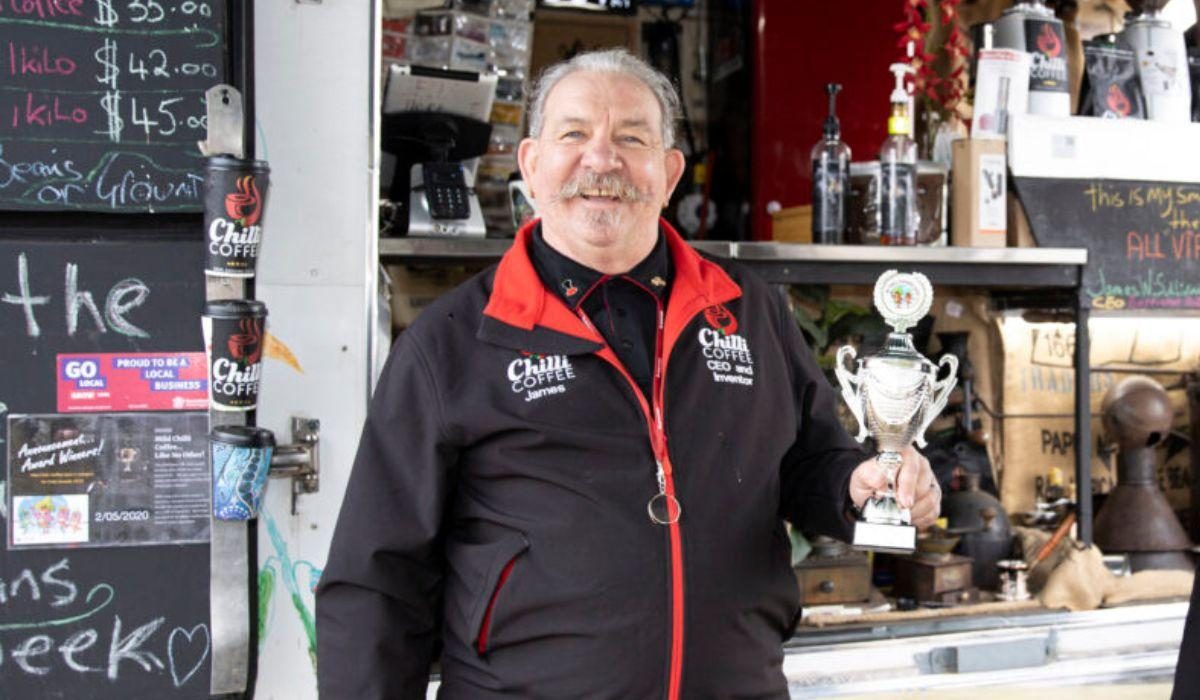
James refined his target market definition, adapted his products to increase sales and refined his marketing strategy.
Response
Far from being discouraged, the Chilli Coffee founder decided to use the time lockdown provided to continue developing the startup. He reflected on the feedback received from people who had sampled the Chilli Coffee intensities. Together with data from his online shop and feedback from customer tastings he pivoted numerous times to test and measure alternatives. By reflecting on all this feedback and market research, James refined his target market definition, adapted his products to increase sales and refined his marketing strategy.
One of the reasons startups fail is because of the challenge of finding the right target market for their offering. With the easing of COVID restrictions, James selectively approached cafes and commercial coffee retail outlets. Many operators were unable to purchase Chilli Coffee due to contractual coffee supply arrangements with their existing suppliers. Most retail outlets have their espresso machine supplied rent free, subject to purchasing minimum weekly coffee bean volumes. However, some independent operators saw the opportunity to offer clients something different to attract new customers, by providing exclusive coffee products. These early adopters, who promoted Chilli Coffee have quickly built a loyal customer following.
The Chilli Coffee founder next focused his attention on adapting the products to increase sales. James realised from his interactions with customers that consumers “tended to start on the milder side of the scale and then advance towards the hotter versions” of the coffee. He expanded the original range of three heat intensities to offer a broader selection of flavours. He introduced a new milder flavour and renamed the coffee varieties to align with the brand’s quirky personality, namely D’Lish (super mild), D’Vine (mild), D’Midl (medium), and D’Sting (hot). James knew from his beverage industry experience that having a variety of packaging sizes available from small to large stimulates sales. So, Chilli Coffee adapted to make available their products in different packaging sizes.
The business rapidly deployed an online VIP member program. Over 60% of all online shoppers became VIP members for life-long access to discounts, exclusive offers and events, and to be invited to experience limited edition short-run blends.
Chilli Coffee experienced an unexpected success in late May 2020 with their first-place win in the Mr Chilli Beverage Awards. James was then interviewed on Channel 10 News and, as the story aired, online sales soared.
Future
The pandemic didn’t cool any of Chilli Coffee’s growth ambitions. James plans to continue developing his hot range of chilli spice infused coffees. Branding has been and will remain a primary consideration for Chilli Coffee, given the focus on independent coffee retailers and the need to compete against larger coffee wholesalers.
As an experienced entrepreneur, there is little doubt that James has developed his resilience through the trials and tribulations common to starting a business. This is evident in his determination to make the startup work, despite the pandemic, by focusing on learning, refining and pursuing emerging business opportunities.
